Baseball History Comes Alive Now Ranked #2 by Feedspot Among All Internet Baseball History Websites and Blogs!
Guest Submissions from Our Readers Always Welcome!
Scroll Down to Read Today’s Essay
Subscribe to Baseball History Comes Alive for automatic updates.
As a Free Bonus, you’ll get access to my Special Report: Gary’s Handy Dandy World Series Reference Guide!
1966 World Series Photo Gallery
Vince Jankoski returns today with an interesting essay reminding us of a fifth-inning World Series implosion similar to the one that happened in the recently concluded 2024 World Series. In that case, it was Willie Davis, a fine 18-year career ball player, who took home the goat horns. He also reminds us that errors in World Series are often magnified and tend to be remembered. I think you’ll enjoy Vince’s essay. -GL
Willie Davis and the 1966 World Series
“Are you trying to ask me if I’m mad at Willie? – NO. Not in the slightest. I’m mad the sun was blinding him even with the sunglasses on … and I’m mad that reporters are trying to blame everything on him. I’ll take Willie Davis on a bad day over most center fielders on their good days …Sandy Koufax, speaking of Willie Davis’s errors in the 1966 World Series
While watching the Yankees’ excruciating implosion in the fifth inning of Game Five of the recently concluded World Series, I reminded myself of an earlier, similar fifth-inning meltdown – in Game Two of the 1966 fall classic.
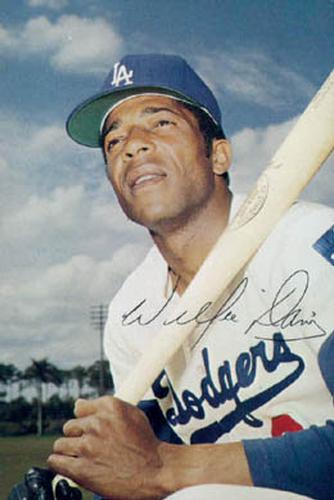
The Series that year featured the Dodgers, who had won their third pennant in four years against the Orioles, winners of the franchise’s first flag since 1944 when it was located in St. Louis. Los Angeles was built on pitching and speed. There was not much hitting. No Dodger with over 330 plate appearances hit .300 or better. The team leader in home runs was Jim Lefebvre with 24. Their team BA of .256 was fifth in the league. Their 108 home runs tied for eighth in the ten-team NL.
On the other hand, Sandy Koufax won the National League Cy Young Award with a 27-9 record and an ERA of 1.73 in his last season. He struck out 317 batters in 323 innings. Don Drysdale had an off year (13-16, 3.42), but Phil Regan was a stalwart in the bullpen (14-1, 1.62 with 21 saves). Claude Osteen was respectable (17-14, 2.85). Their team ERA of 2.62 led the league by nearly a half run over the next best ERA – St. Louis at 3.11. The Dodgers won the pennant by a game and a half over the San Francisco Giants.
The Orioles pitching staff was just coming into its own. Jim Palmer (15-10, 3.46), Dave McNally (13-6, 3.17), and Wally Bunker (10-6, 4.29) were all 23 years old or younger. Steve Barber (10-5, 2.30) was, at 28, the old man among the starting hurlers. Stu Miller (9-4, 2.25 with 18 saves) and Eddie Fisher (5-3, 2.64, 14 saves) manned the bullpen.
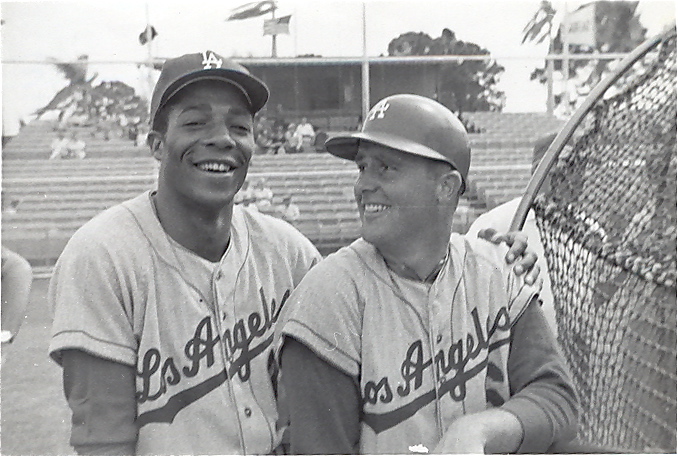
The O’s had more hitting than the Dodgers. Frank Robinson, acquired in the off-season from Cincinnati, won the MVP Award and the Triple Crown (49 HR, 122 RBI, .316 BA). Boog Powell (34, 109, .287) supplied additional power. Reserve outfielder Russ Snyder hit .306.
The Baltimore defense was outstanding. Third basemen Brooks Robinson and shortstop Luis Aparicio won Gold Gloves. Second baseman Dave Johnson won Rookie of the Year honors. Frank Robinson and Paul Blair were exceptional outfielders. The O’s won the pennant by nine games over the Minnesota Twins.
In the Series opener, McNally faltered. With his team ahead 4-0 in the bottom of the third inning, he walked three consecutive batters – Lou Johnson, Tommy Davis, and Lefebvre. Enter Moe Drabowsky. Drabowsky held the Dodgers batsmen in check for six and one-third innings, giving up only one hit and two walks while striking out 11 Dodgers. The Orioles won the game 5-2 over Drysdale and the Dodgers.
The next day Palmer and Koufax engaged in a pitching duel. The score was tied 0-0 in the top of the fifth inning. Koufax allowed a single to Powell, then induced Johnson to foul out. Blair hit a routine fly ball to center field. Willie Davis muffed the play a la Aaron Judge, allowing Blair to reach second with Powell advancing to third. On the very next pitch, Orioles catcher Andy Etchebarren lofted another fly ball to Davis in center. Davis again misplayed the ball. Powell and Blair both scored.
But there was more to Davis’s misplay. He made an errant throw, permitting Etchebarren to advance to third. Thus, Davis made three errors on two consecutive pitches. I can’t recall anyone doing that, before or since. Etchebarren scored on Aparicio’s double. The three unearned runs gave Baltimore a 3-0 lead which they never relinquished. The Dodgers committed three other errors in the game – third basemen Junior Gilliam in the fourth, right fielder Ron Fairly in the sixth, and relief pitcher Ron Perranoski in the eighth – for a total of six for the game. Palmer threw a four-hit shutout, becoming the youngest pitcher to win a World Series game. The final score was 6-0. Three of the Orioles’ runs were unearned due to Davis’s miscues.
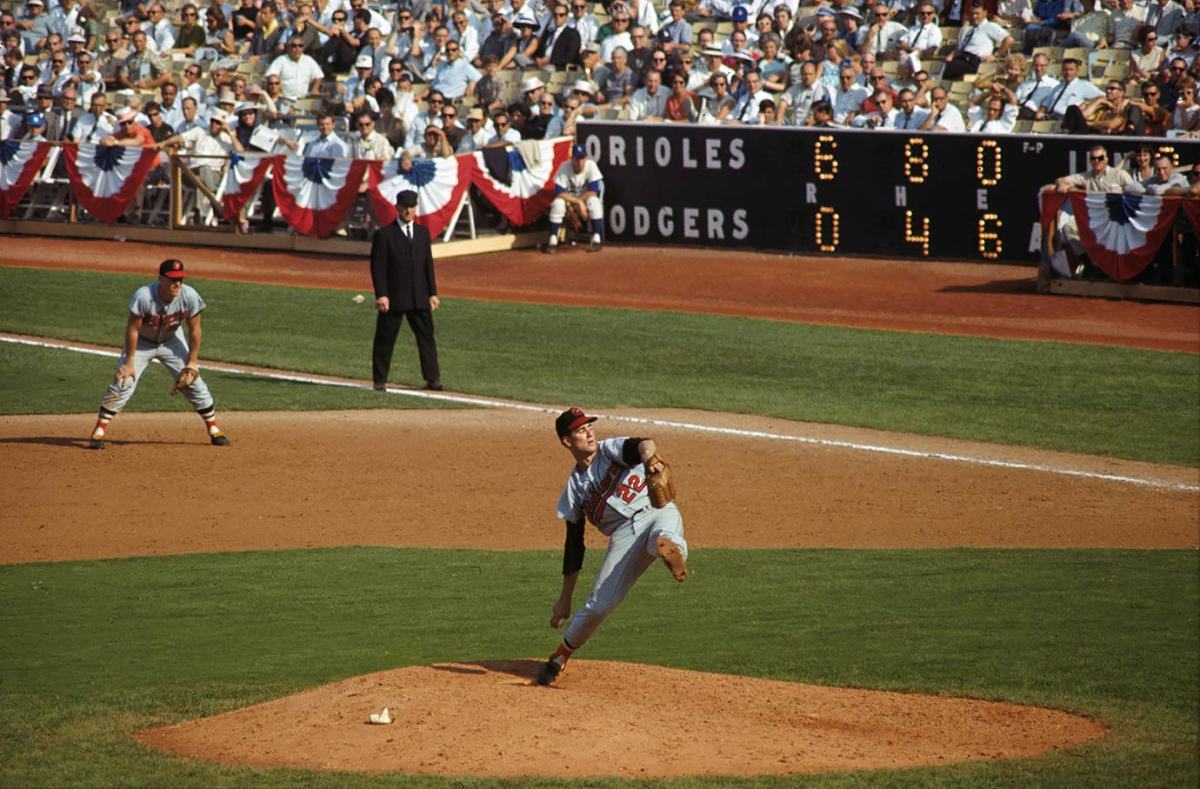
In Game 3, Bunker threw a 3-hit shutout, besting Claude Osteen and winning 1-0. The finale was also 1-0, McNally with a four-hit shutout beating Drysdale who also gave up only four hits.
Like many goats, Willie Davis was a respectable player. He had an 18-year career, mostly with the Dodgers, but also with Montreal, Texas, St. Louis, San Diego, and California. He batted over .300 in three consecutive seasons, 1969-1971. For his career, he hit .279. He amassed 2,561 hits, 182 home runs, 1,053 RBI, and 398 stolen bases. After his fielding lapses in Game 2 of the 1966 World Series, he would go on to win consecutive Gold Gloves from 1971-1973.
Like Aaron Judge’s flub, it is unlikely that Davis’s errors cost the Dodgers the Series. Los Angeles scored only two runs the entire Series, none after the first game. They batted .142. Their four extra-base hits (3 doubles and a Lefebvre home run) gave them a slugging average of .192. They got 17 hits in the four games. They totaled more errors than runs. You don’t win a lot of games with numbers like those.
Vince Jankoski
We’d love to hear what you think about this or any other related baseball history topic…please leave comments below.
Subscribe to Baseball History Comes Alive to receive email updates. FREE BONUS for subscribing: Gary’s Handy Dandy World Series Reference Guide. The site has over 1500 fully categorized baseball essays and photo galleries, now surpassing the one million hits mark with over 1,245,000 hits
(Please note: If you were previously a subscriber to the website, you may have to resubscribe due to recent technical issues. Just use the green “Follow Us” icon below to resubscribe).
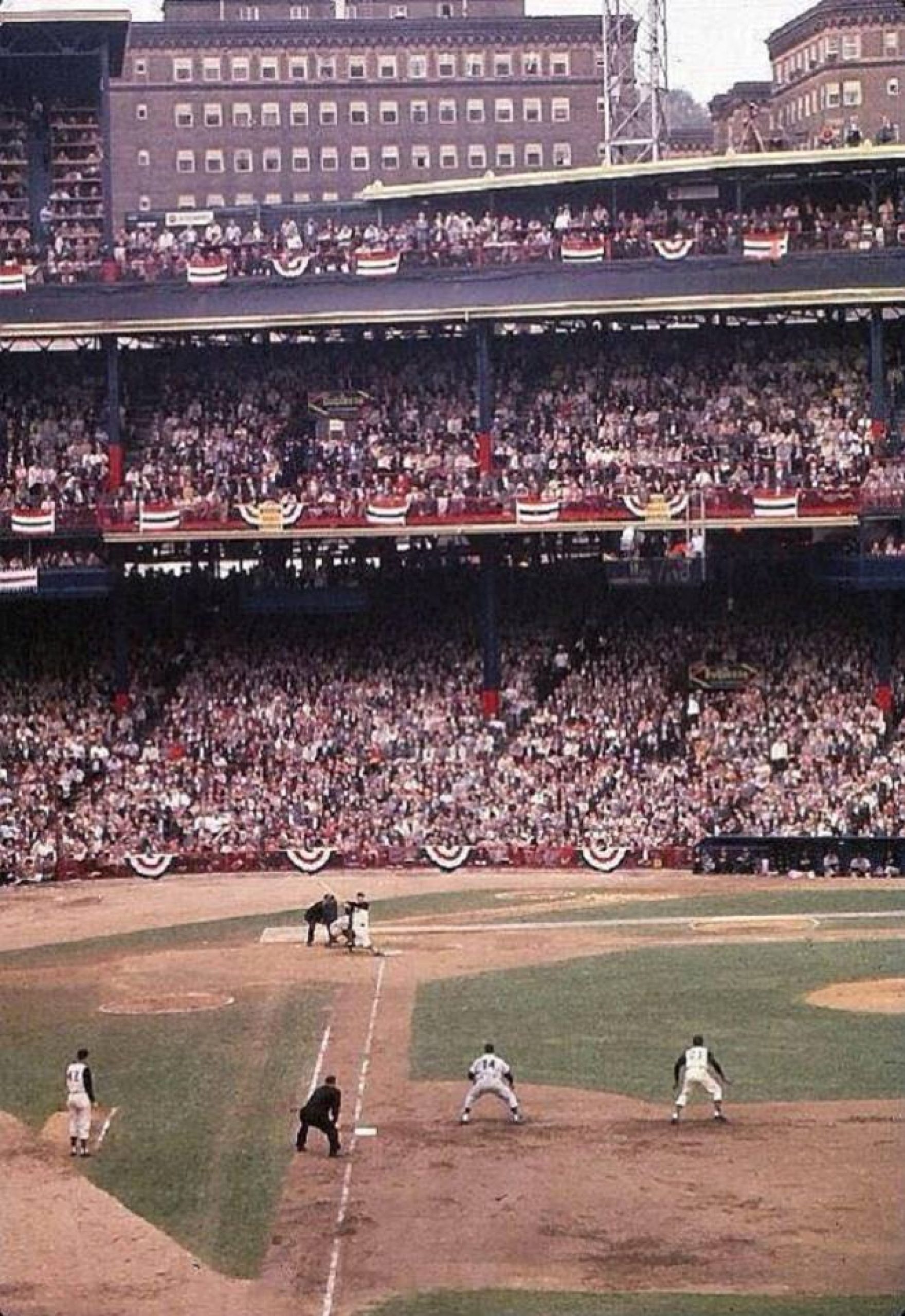
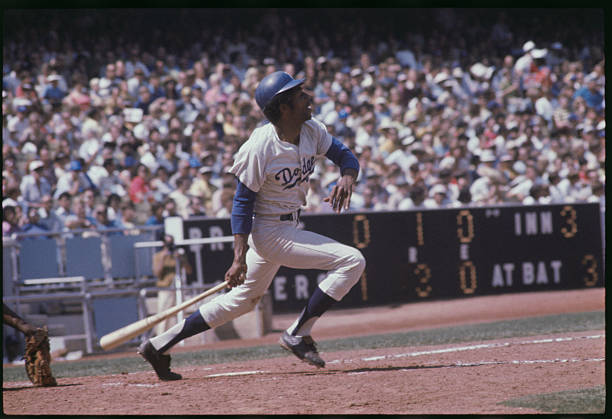
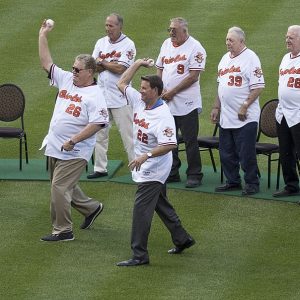
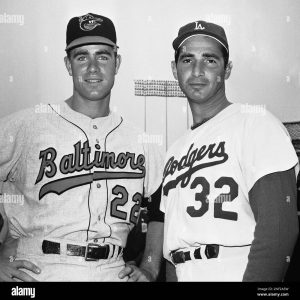
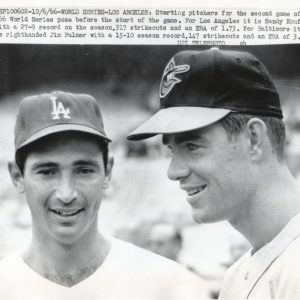
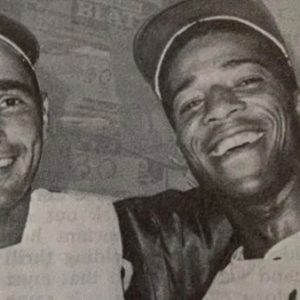
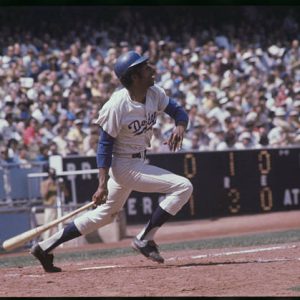
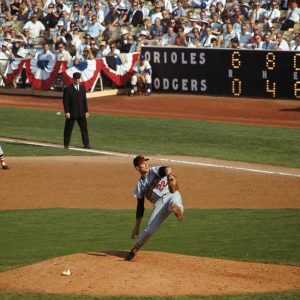
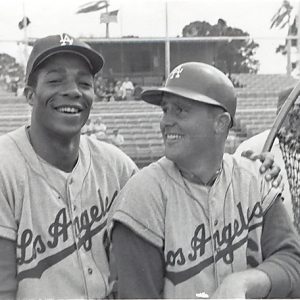
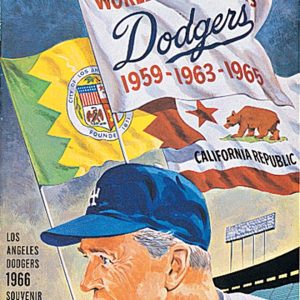
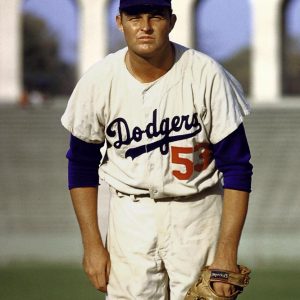
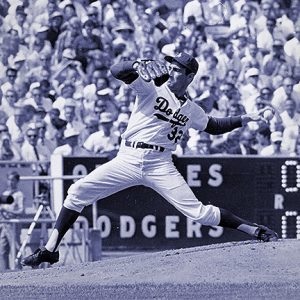
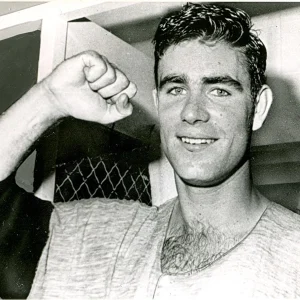
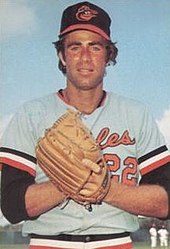
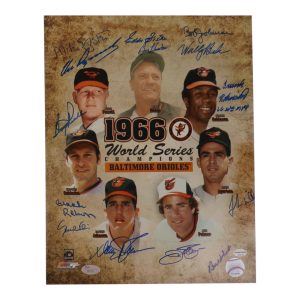
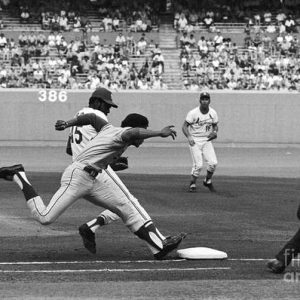
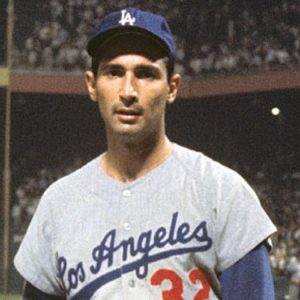
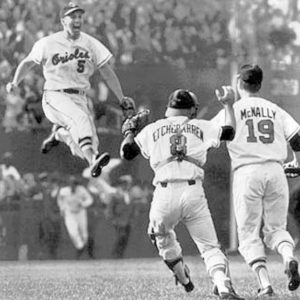
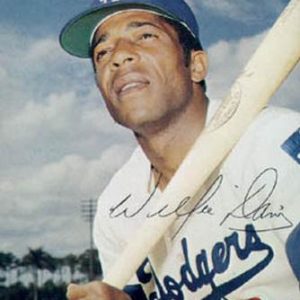
I grew up on Long Island and was always a Yankee fan. As a result of that, I always would root for the American League team, even if the Yankees weren’t in the Series. I remember 1966, because going into the Series, most were of the opinion that the Dodgers would not have any problem beating Baltimore. This really bothered me since the National League had won the previous three World Series (the Dodgers, Cardinals, and the Dodgers again. I did not want to see another American League team lose yet again.
It was amazing to me that Baltimore was able to sweep the Series from the Dodgers, and put an AL team on top one more time. The fact that they did with three consecutive shutouts made it more unbelievable.
I do remember Willie Davis making those errors on consecutive batters; I did not know it was actually on sucessive pitches. Even though there was nothing that I liked about the Dodgers, I recall feeling bad about Davis; I assumed that he would forever be known as the guy that made three errors in the World Series. I thought that it would be bad enough making three errors in the entire Series, let alone on back to back plays. I think that 1966 was one of those years that, for some reason, one team was simply destined to win.
Interesting perspective, Steve…thanks!
I agree, Stephen.
The Orioles were destined to win. Just like the Mets three years later with those same Orioles.
Don’t know if Davis’ miscues in the 2nd game are series changing as the Curt Flood error in the 7th inning of 1968 Series with Bob Gibson denied winning three games in back to back Series.
Stephen,
It must have been tough living on Long Island and being a Yankee fan. I, too, grew up as a Yankee fan and defaulted to the AL team in the WS whenever the Yanks didn’t make it. Bottom line: If you don’t hit, you don’t score and, if you don’t score, you don’t win.
Thanks for the comment.
Interesting article Vince. I always felt Willie Davis was an underrated ballplayer. His case for the HOF seems to just fall short. His 60.7 career bWAR over his 18 year MLB career and despite the 1966 World Series fielding disasters, he was a 3-time Gold Glove winner and had a very good 11.1 defensive bWAR rating. Davis was consistent in being on the field for his team never playing fewer than 128 games from 1961-1975. But he also threw in a few clunker seasons like 1963 & 1965 as well as 1967 & 1968 were not vintage Willie Davis seasons. I wonder how much the memory of his play in the World Series in general as well the 1966 series in particular soured HOF voters on him?